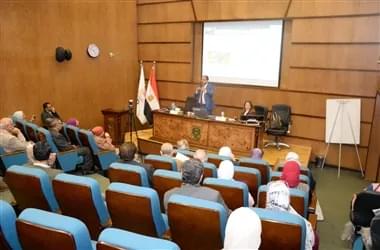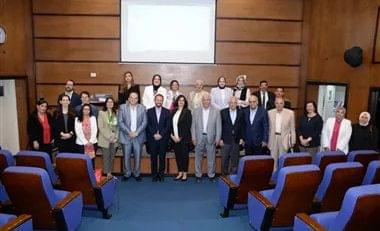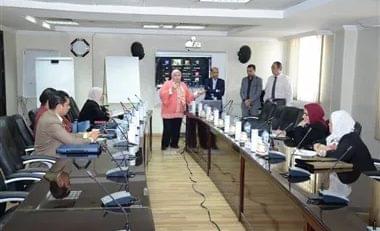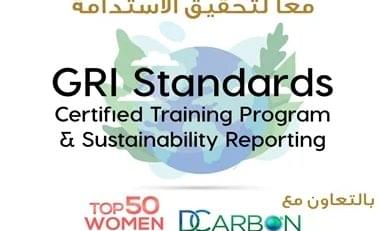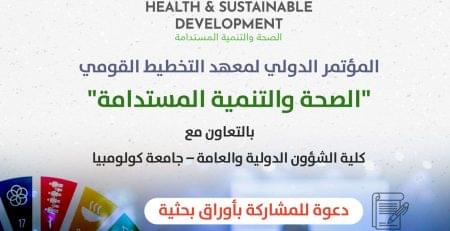The sixth seminar of scientific follow-up activity for the academic year 2022-2023 was held at the Institute of National Planning to discuss the report of the state of food security and nutrition in the world for the year 2022, issued by the Food and Agriculture Organization of the United Nations in cooperation with the International Fund for Agricultural Development, the United Nations Children’s Fund (UNICEF) and the Food Program World Health Organization and the World Health Organization, where Dr. Ali Zine El Abidine, Assistant Professor of Agricultural Economics at the Center for Agricultural Planning and Development at the Institute of National Planning, presented a reading of the report “Reorienting food and agricultural policies to increase affordability of healthy diets.”
In this context, Prof. Dr. Aziza Ali Abdel-Razek, activity coordinator and scientific supervisor of scientific follow-up at the Institute, explained that the report reviews what has been achieved in the field of eliminating hunger, achieving food security and improving the level of nutrition worldwide, in addition to a careful analysis of the main challenges facing achieving food security. , within the framework of the 2023 Agenda for Sustainable Development.
Abdel Razek added that the report indicated that despite the high purchase price of local wheat in Egypt, which is a strong incentive for farmers to increase their productivity – in addition to the support provided to bakeries and consumers – this has led to a significant increase in per capita consumption of bread and an increase in the proportion of existing products. It contains wheat in the total food supply, as the average per capita share of wheat in Egypt is 146 kilograms annually, which is among the highest rates in the world.
As Dr. pointed out. Ali Zain al-Abidin, Assistant Professor of Agricultural Economics at the Center for Agricultural Planning and Development, said that the content of the report was based on a number of key messages, including that hunger rates in the world are constantly increasing, as nutrition indicators have decreased, as evidenced by low weight compared to age, severe short stature (dwarfism), and thinness. dangerously high compared to height (wasting), and vitamin and mineral deficiencies (micronutrient deficiencies).
The professor of agricultural economics explained that, according to 2020 statistics, about 22% of children under five years of age suffer from stunting, while 6.7% suffer from wasting, and 5.7% are overweight worldwide in 2020.
The report stated that approximately 3.1 billion people were unable to afford a healthy diet in 2020, and this number increased by 112 million people in 2019, which reflects inflation in food consumption prices due to the economic effects of the Covid 19 pandemic and the measures taken to contain it.
Zain Al-Abidin added that the report calls on governments to adopt policies that will achieve increasing returns in terms of fighting hunger and malnutrition in all its forms, while reducing the various restrictions imposed by some countries on food trade.
This comes at a time when Zain Al-Abidin indicated that the report recommended redirecting the current public support with the participation of all stakeholders in order to increase the provision of food to the consumer, taking into account the institutional capabilities of countries, and taking into account the commitments to the rules of the World Trade Organization.
To Download the file;
http://bit.ly/3LClGkr

